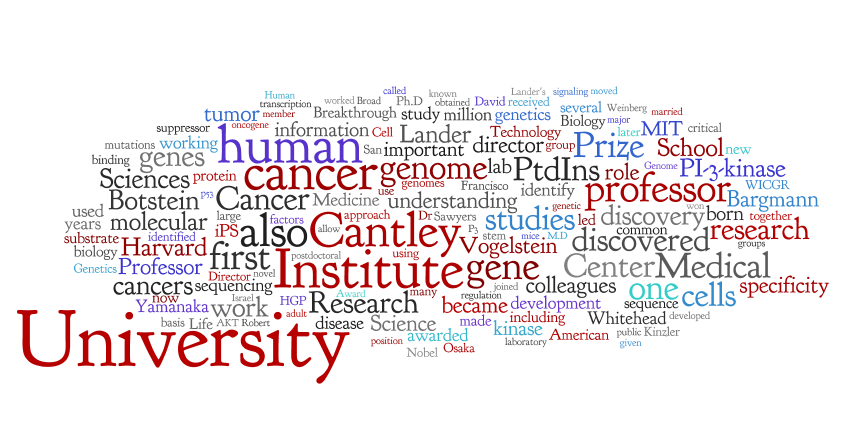
The Breakthrough Prize for Life Sciences was awarded this week to eleven scientists “who think big, take risks and have made a significant impact on our lives.” The size of the gift is intended to drive leading research, but also to advance the public presence of people who are changing the world through life sciences.
From the eleven winners’ wikipedia pages, I selected the copy in the header, background education, and research sections (the very different page metadata was also interesting), and created a wordle to see what the picture looked like. Only one of the two female winners had a wikipedia page (making the case to Lean In?), so I lifted a few paragraphs from her university bio.
This illustration is highly unscientific, showing only word frequency in self- or third-party reported accounts of the prizewinners’ lives. Two observations: much of this life sciences work still takes place in university settings, and there are a lot of smart minds working specifically on cancer.

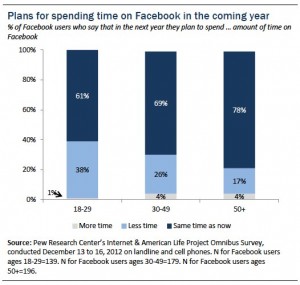
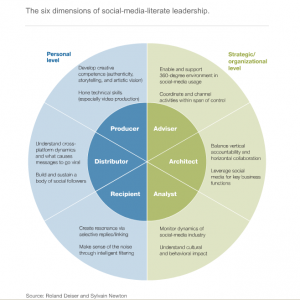

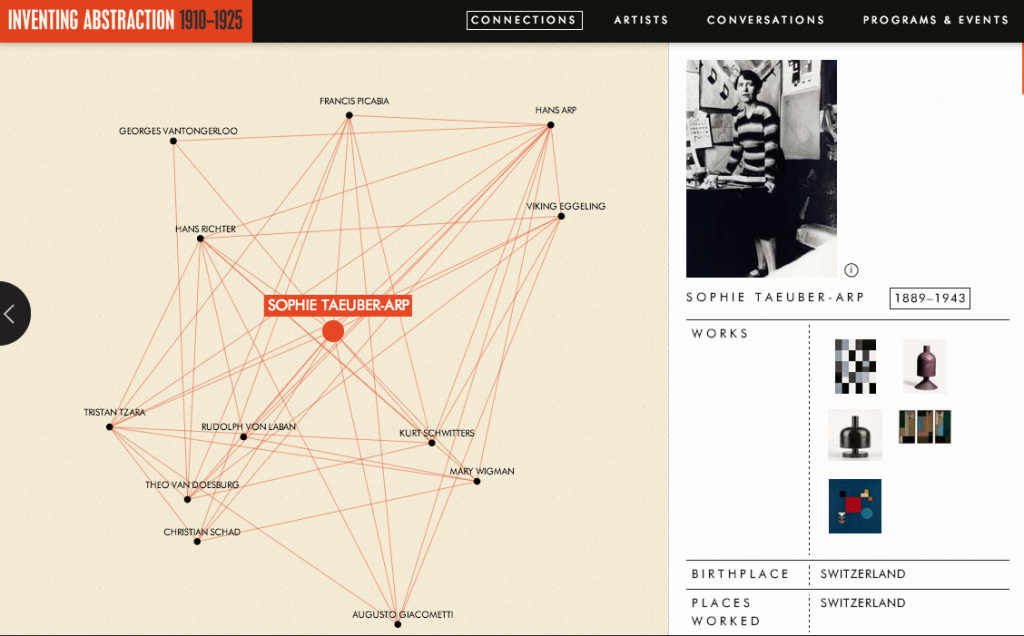
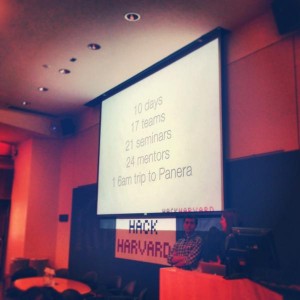 The third annual
The third annual